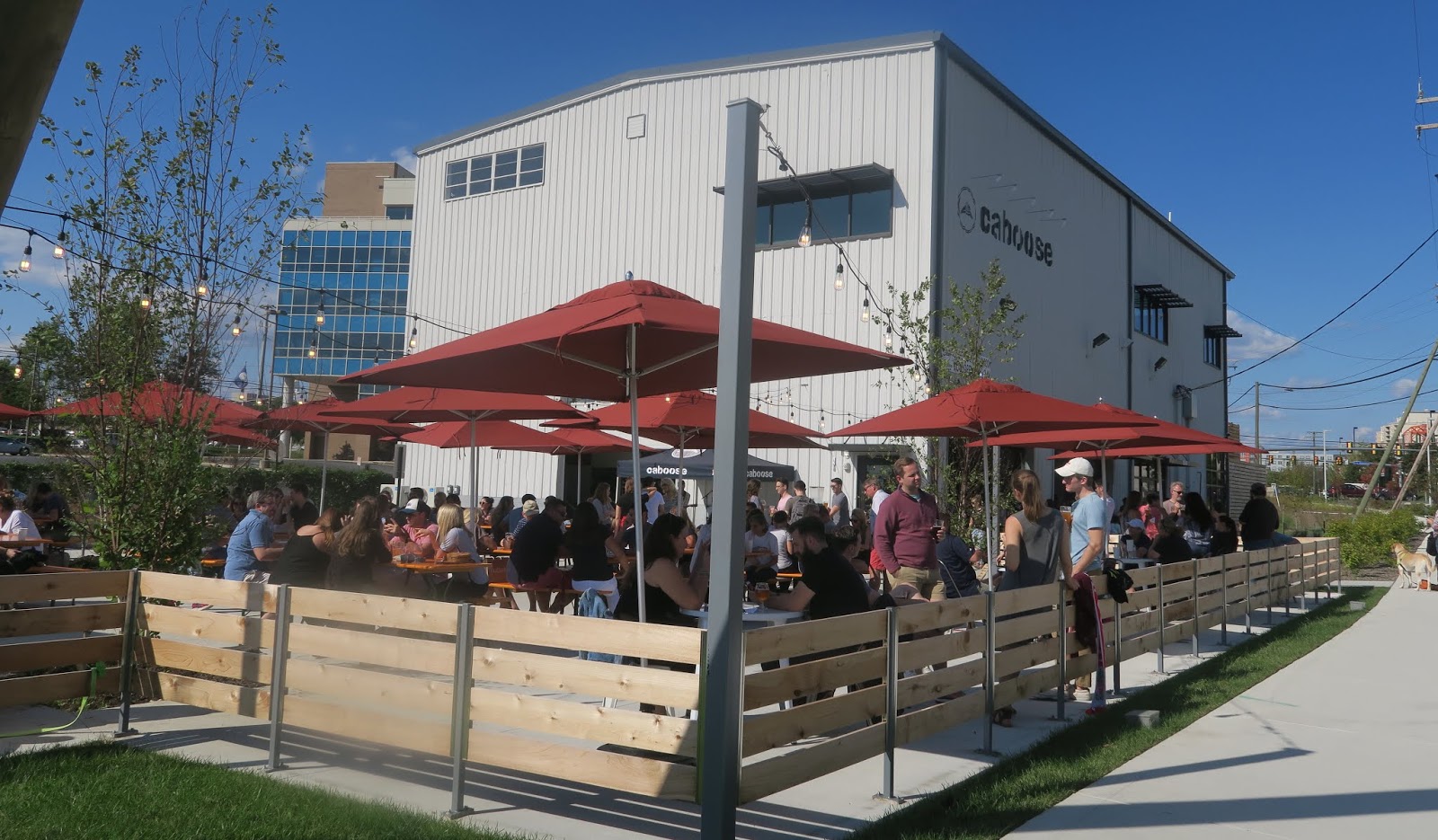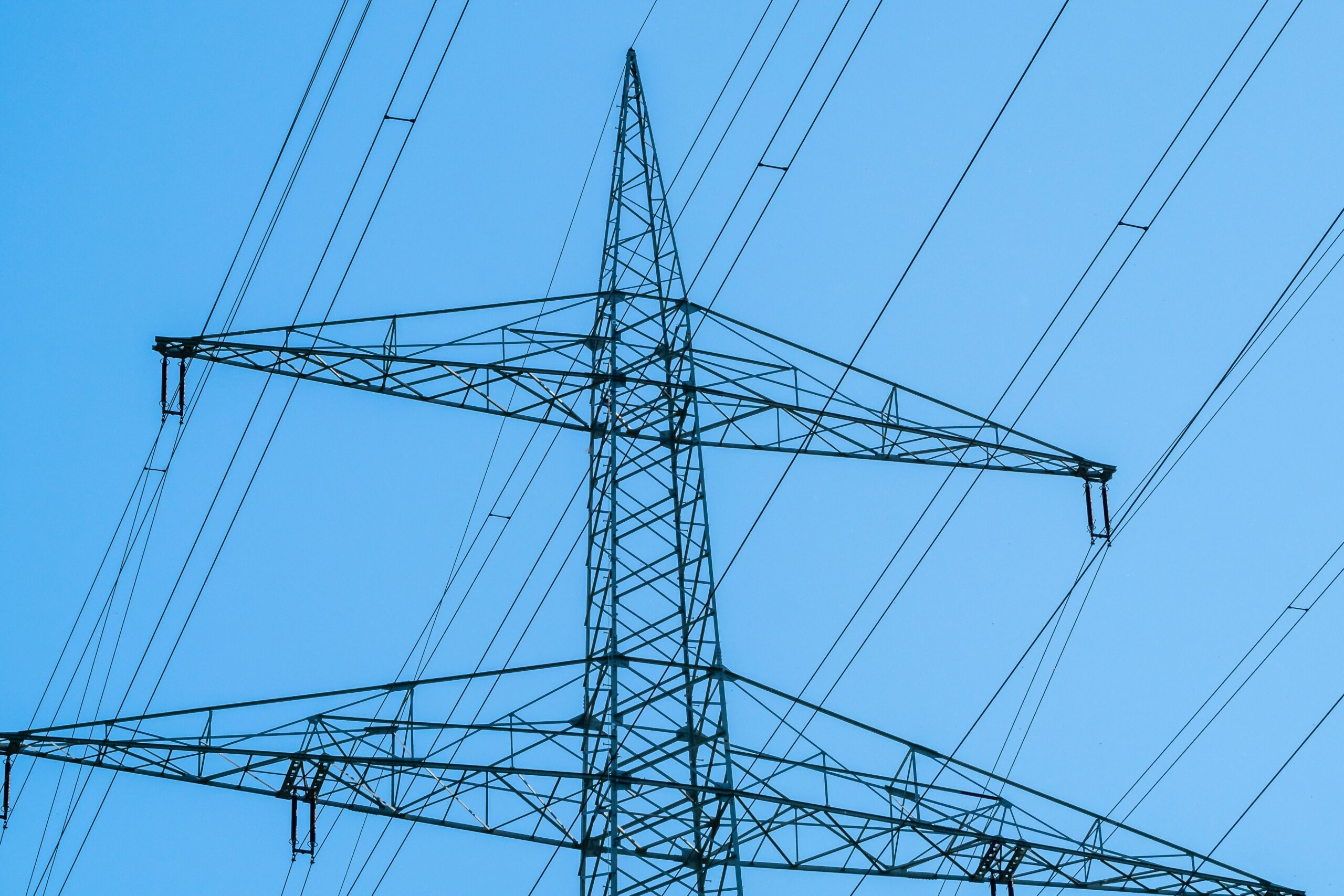The lightning-quick legislative session in Virginia ended on February 27th, and we’re still sorting out the many wins for solar, electric vehicles and fossil fuel reduction. We’re so thankful to all of you in the Ipsun Family for reaching out to your legislators when they needed a push. Many of these bills would not have passed without your support. Thank you so much–you are our climate heroes!!
Last year’s session was huge for reform of solar policy in the Commonwealth with passage of the Virginia Clean Economy Act, HOA, and Solar Freedom bills, and there were also a surprisingly large number of renewable energy-friendly bills on the docket this session. Environmental justice factors heavily in many of the 2021 bills, which has been gratifying for all of the groups that worked to create this focus.
The 2021 session accelerated Virginia’s momentum toward progressive, equitable energy policy, and established the Commonwealth as a true leader in EV policy. There is a lot of positive news, and we are definitely taking a moment to celebrate before setting back to work to ensure that we keep moving in the right direction.
Successes for Solar
To start, let’s take a look at the solar-related bills that were directly advocated for by the newly-renamed Chesapeake Solar and Storage Association (aka CHESSA, the new name for the local solar energy association MDV-SEIA). These bills are now on their way to the governor’s desk:
Local Green Banks HB1919 (Delegate Kaye Kory). This bill authorizes the establishment of a Virginia green bank to promote investment in clean energy technologies and provide financing for clean energy technologies. Green banks help homeowners and businesses fund improved energy efficiency, clean energy installations, and construction of resilient infrastructure. These investments foster a stronger economy, improved health through less carbon pollution, and help achieve greenhouse gas reduction goals.
Green Banks are also important financing mechanisms to create jobs in low- to moderate-income communities that otherwise might not receive financing and boost clean energy and energy efficiency. Currently, there are 15 successful Green Banks in the U.S. including the DC Green Bank, the Montgomery County Green Bank, and the Climate Access Fund of Baltimore.
Virginia Brownfield and Coal Mine Renewable Energy Grant Fund and Program HB 1925 (Delegate Terry Kilgore) This bill establishes a fund and program administered by the Department of Mines, Minerals and Energy for the purpose of awarding grants to renewable energy projects that are located on brownfields or previously coal mined lands. Grants are to be awarded on a basis of $500 per kilowatt of nameplate capacity from renewable energy sources that are located on previously coal mined lands and $100 per kilowatt of nameplate capacity from renewable energy sources that are located on brownfields.
Small Agricultural Generators, HB 1994 (Delegate Kathleen Murphy) This bill expands the definition of small agriculture generators to include certain small manufacturing businesses such as breweries, distilleries and wineries to allow these businesses to aggregate meters and sell renewable energy to a utility.

Breweries and solar go together like PB & J. Photo credit: Caboose Brewing Company
Electric utilities; nonjurisdictional customers; third party power purchase agreements HB 2034 and SB 1420 (Delegate Chris Hurst and Senator John Edwards) These bills provide for pilot programs under which an owner or operator of a renewable energy generation facility sells electricity to an eligible customer-generator through a third party power purchase agreement, both jurisdictional and non jurisdictional customers may participate on a first-come, first-serve basis. It clarifies the PPA language in the Virginia Clean Economy Act that applies to AppCo territory.
Commonwealth Clean Energy Policy SB 1284 (Senator Barbara Favola) This bill establishes the Commonwealth Clean Energy Policy, replacing the Commonwealth Energy Policy. It recognizes the need to promote environmental justice within the state’s clean energy policy and addresses and prevents energy inequities in historically economically disadvantaged communities. The bill also reorients and streamlines the state’s energy policy and energy plan to be consistent with the 100% clean energy goals of the Commonwealth.
The Big Story this Session: Electric Vehicles
The 2021 legislative session featured a suite of bills that support EV policy and send a message that Virginia is ready to lead on electric vehicles. Especially important is that the bills ensure equity and social justice is always considered. Adoption of clean car standards, an EV rebate, and our favorite, the EV School Bus Grant Fund and Program, are all on their way to the Governor’s desk. This is a huge move forward toward the goal of creating a clean energy grid by 2045, or sooner.
Here is the list of EV-related bills ready for the Governor’s signature:
Clean Car Standards HB 1965 (Delegate Lamont Bagby) This bill is a significant victory in tackling the massive pollution and emissions problem from personal use automobiles in Virginia. A large and successful coalition, similar to the coalition formed around last year’s VCEA, succeeded again this year. More electric vehicles will be on their way to Virginia, clearing our air, and reducing dependence on fossil fuels thanks to this landmark legislation. While there was an amendment to appease the auto manufacturers and the Senators were swayed by their arguments, the amendment did not significantly water down the bill.
Virginia Electric Vehicle Rebate Program HB 1979 (Delegate David Reid) HB1979 provided an amazingly progressive rebate program giving extra rebates to qualifying low income individuals and limiting the amount of rebates to avoid providing rebates for luxury models. However, the program was unfunded in the budget agreement. This is a critical component of the success of the Clean Car Standards. The Virginia Auto Dealers Association (VADA) supported Clean Cars in large part because we expected to pass a funded rebate program. So there is further work to be done on this issue but getting the program established is an incredible first step.
Virginia Energy Plan SB1223 (Delegate Jennifer Boysko) This bill adds a requirement to the Virginia Energy Plan to include an analysis of electric vehicle charging infrastructure and other infrastructure needed to support the 2045 net-zero carbon target in the transportation sector.
Equity in Public Transportation and Modernization Study HJ542 (Delegate Dolores McQuinn) HJ542 requests a statewide study of transit equity and modernization. The bill will study health, equity and environmental quality, prioritize investments in low-income neighborhoods and communities of color, and focus on improving accessibility, including affordability. This means not just getting more electric vehicles on the road, but transforming our transportation systems to address decades of inequitable, unhealthy, and unsustainable planning, and instead planning with an eye towards transportation justice.
Report, State Corporation Commission; transportation electrification, utility recovery of certain costs. HB2282 (Delegate Rip Sullivan) Directs the SCC to develop and report on policy proposals to accelerate transportation electrification in the Commonwealth and ensure better access to charging stations across the state. The bill also limits how utilities get reimbursed for investments in transportation electrification: they must recover costs through normal rates for generation and distribution, and not through rate adjustment clauses or customer credit reinvestment offsets.
Electric Vehicle Grant Fund and Program (EV School Bus bill- HB2118 (Delegate Mark Keam) House Bill 2118, which yours truly is proud to have developed with Mothers Out Front Fairfax and Del. Keam, sets up a new grant program to allow school districts to seek funding to replace their current diesel school buses with electric ones, as well as expenses for infrastructure support. It prioritizes grant requests from areas with high asthma rates and poor air quality so they can benefit first. Just as federal grant funds are being established by the Biden Administration to prioritize this issue, Virginia is now ready to attract funding and distribute electric school buses in an equitable, cost-effective way.

Let’s take a moment to celebrate! Thanks to our tireless leaders in the Virginia General Assembly, and cheers to Virginia’s climate wins in 2021!
Stay Tuned!
We’re so thrilled with the progress that’s been made in this legislative session, and we’ll continue to keep you updated as the laws are signed and rules are being implemented. In the meantime, contact your Delegate and Senator and say thanks for supporting your favorite bills! You can click on the bill numbers above to see how your legislators voted. Then, find your legislators’ names, emails and numbers here and send them a quick note.
We love talking about solar and renewable energy policy with you. Please reach out any time with questions!





